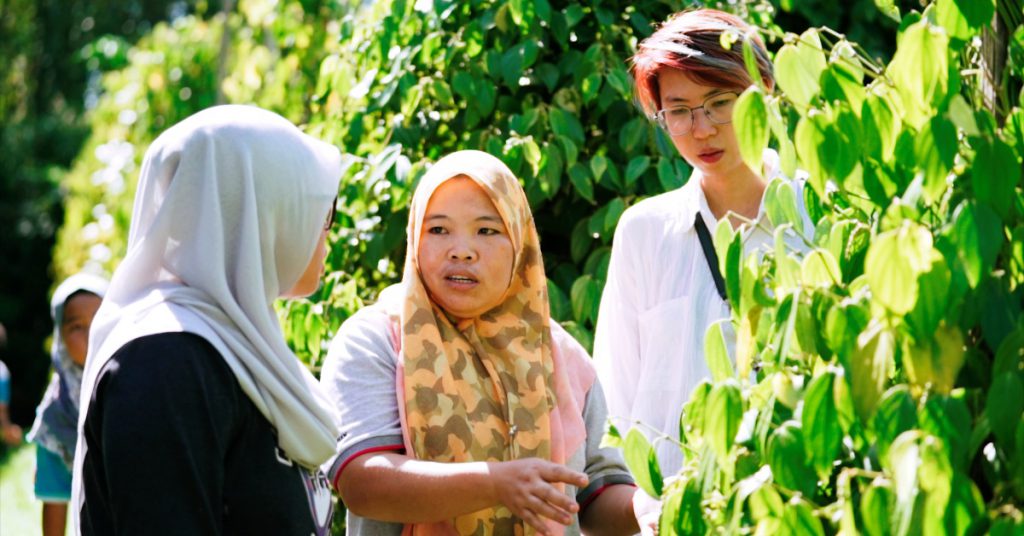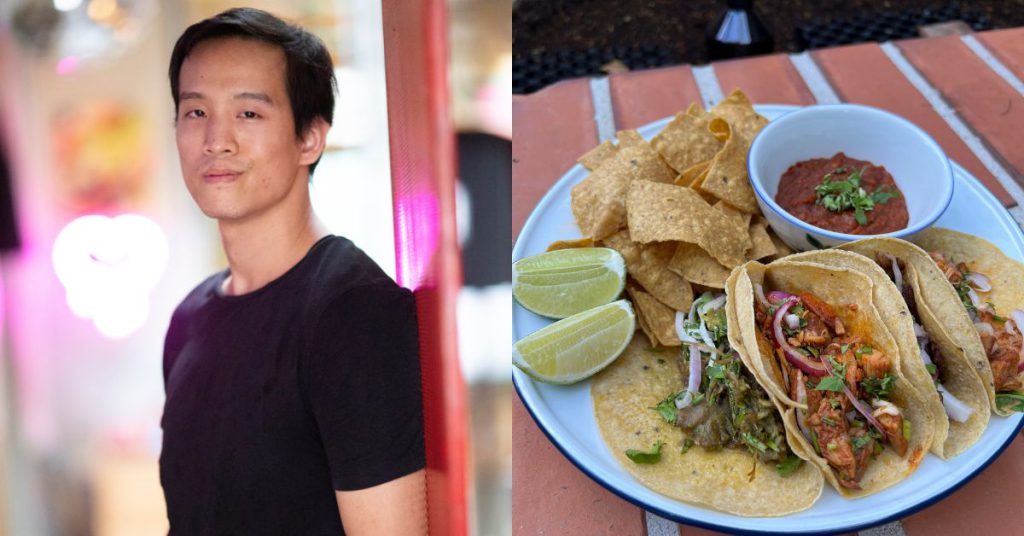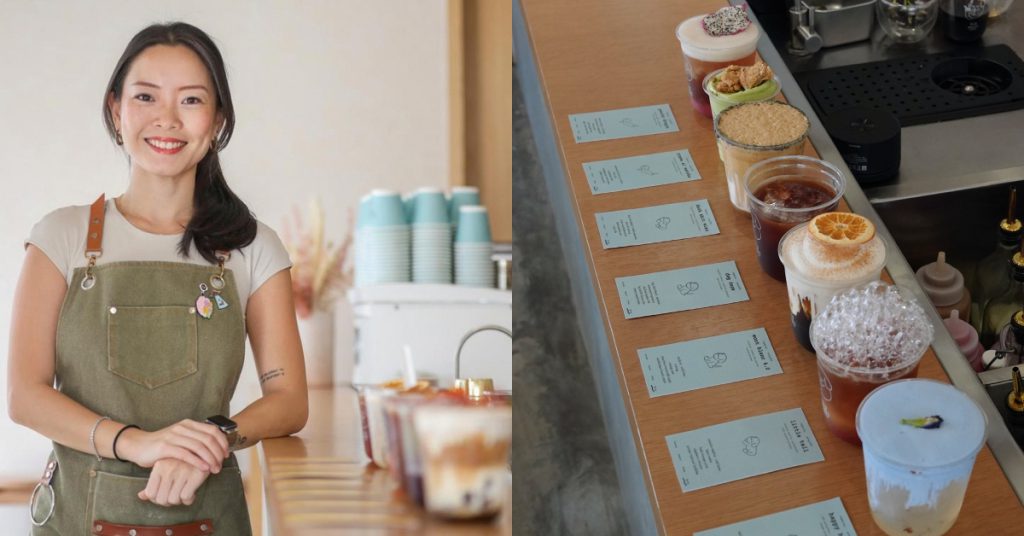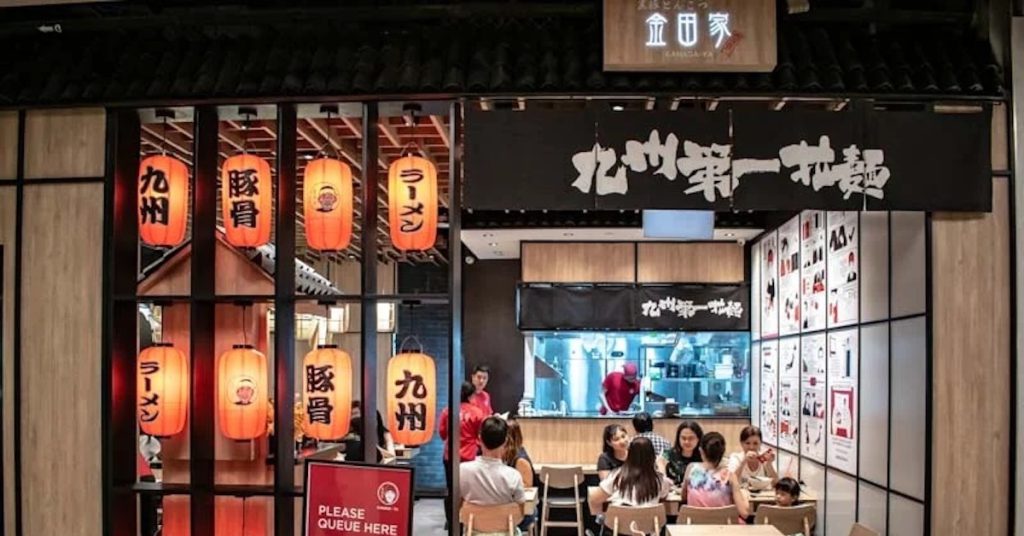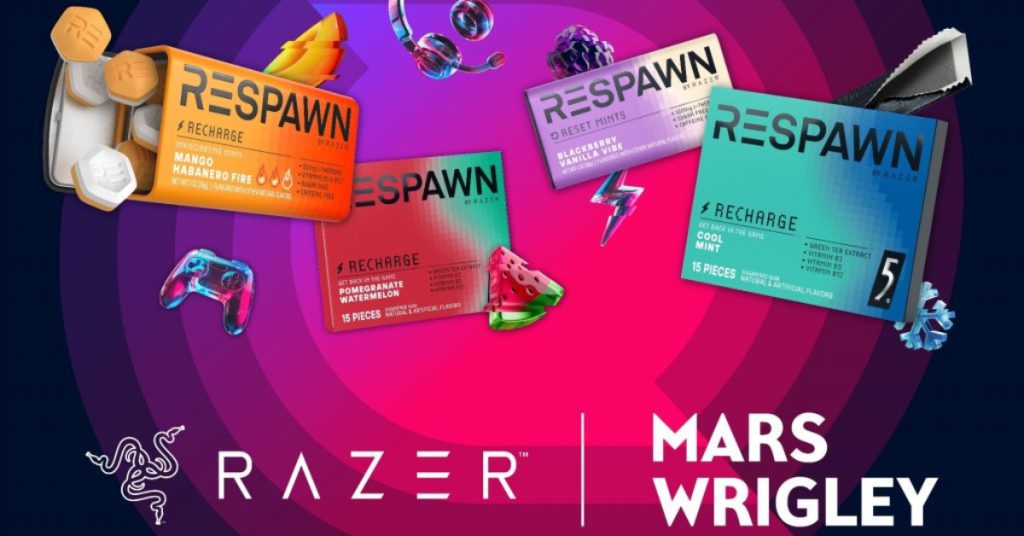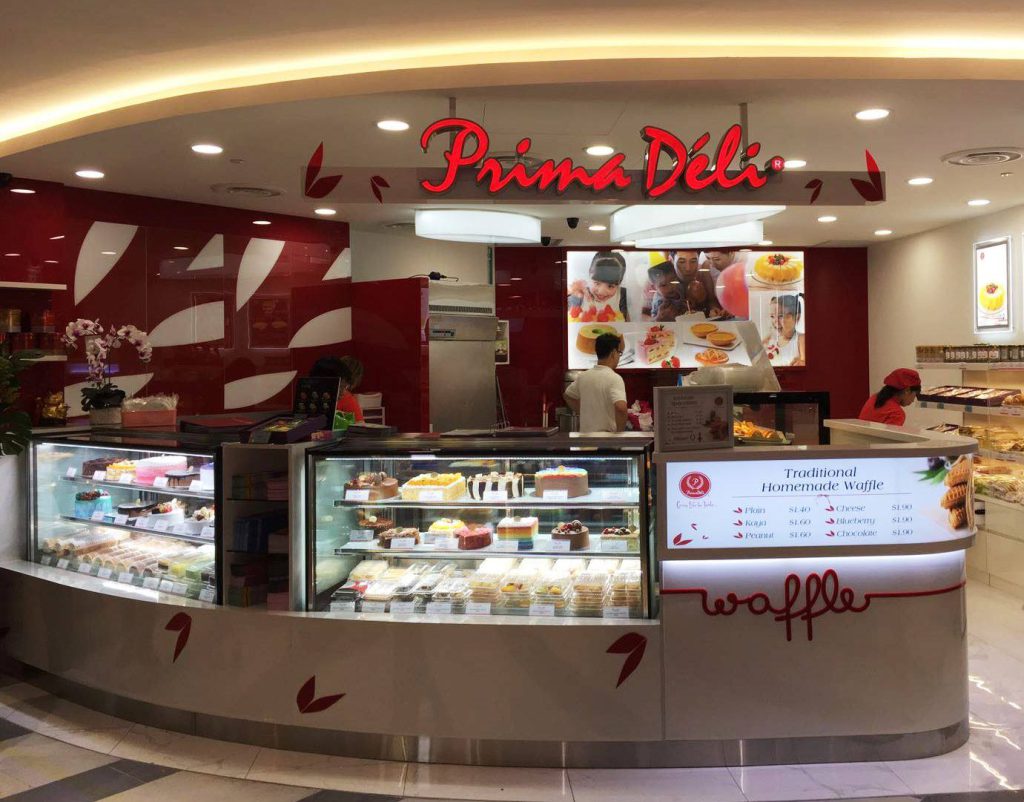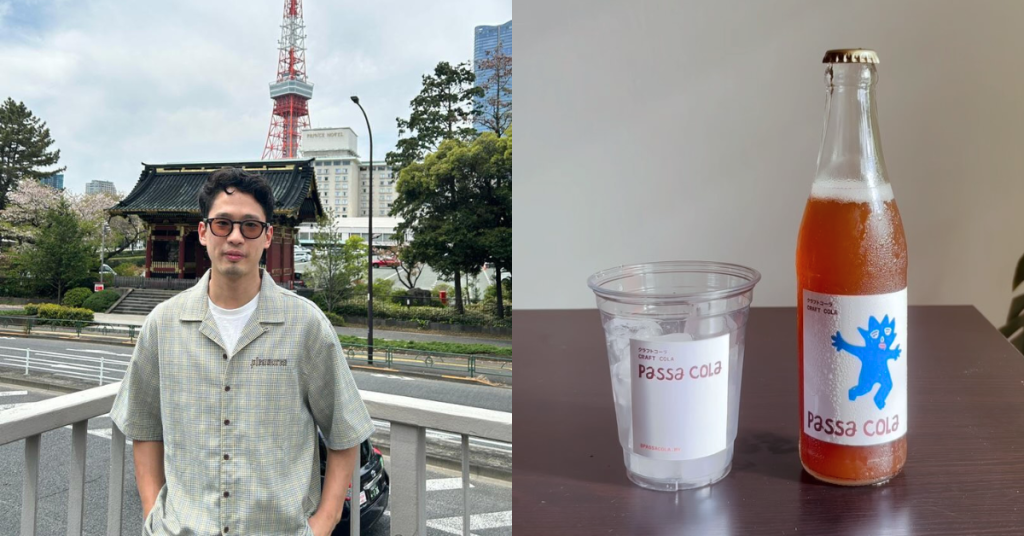[This is a sponsored article with MITI.]
Thanks to the pandemic, more people were forced to stay at home and cook for themselves. The demand for fresh vegetables and meat skyrocketed. Despite that, not all farmers profited during the period.
“Bayu Harvest’s idea was that [the farmers] will move up the supply chain—developing products based on the produce they harvest,” said Jeannette Goon, one of the co-founders.
Bayu Harvest is a platform to help small-time farmers in Sabah reach a wider audience and sell to larger markets or restaurants who desire quality ingredients.
The Origins Of Bayu Harvest
The concept was brought to life by Jeannette Goon and Faezrah Rizalman during the 2019 Asia-Pacific Economic Cooperation (APEC) App Challenge in Chile.
Note: APEC is a yearly forum to create greater prosperity for the people with a balanced, inclusive, sustainable, innovative and secure growth through economic acceleration, focusing on the Asia Pacific region. This year’s APEC is held in Malaysia, you can read more here.
Previously, Faezrah said that farmers in Sabah usually sold their crops to middlemen who would then acquire the harvest in large quantities at a lower price. But sadly, the farmers couldn’t get a say on how much they can sell it for.
So, Bayu Harvest tackles this by giving the farmers the ability to sell produce at their own prices.
Thus far, they’ve managed to reach out to over 100 farmers, across 5 villages in Sabah. The pair emphasised that the app doesn’t require much data to run, so farmers in the rural areas could use the app without high-speed internet.

Most of the farmers that they talked to weren’t ready to join the platform yet, and teaching them the ins-and-outs of the app was challenging. COVID-19 also threw some wrenches in the works.
Helping Farmers Understand The Advantage Of Technology
The team’s plan of educating farmers in remote villages came to a halt due to the Movement Control Order. But they’ve managed to stay in contact with some of the farmers who had tech-savvy children.
Because of the current situation, they had to tweak their business model from a marketplace to helping out specific farmers and help them sell their produce under the Bayu Harvest brand.
On their platform, they have products such as plum sauce with black pepper, and other pepper products sourced from the farmers.
Before the farmers can be added to the platform, the Bayu Harvest team will conduct interviews with them first, checking out their products and what capacities they have. They will then work out with the farmers on how to position and price their products.

Getting The Right Support For Themselves
Luckily for Bayu Harvest, they’re not alone in this fight. As winners of the 2019 APEC App Challenge, they’ve been working closely with The Asia Foundation (TAF), a non-profit organisation, Google and APEC for guidance and support.
With APEC 2020’s goals of a Shared Prosperity, Faezrah believes Bayu Harvest is on the right path—to develop a nation that leaves no one behind.
“Shared Prosperity means that everyone should be equal and be treated the same when it comes to distributing aid/wealth, as well as offering initiatives,” said Faezrah.
Jeannette added: “Tech tends to be romanticised as a solution to everything. But we forget that even as tech propels some of us forward, it should not widen the gap among communities. That’s why having a reminder on Shared Prosperity is important.”
Both founders admit that Bayu Harvest is not a ‘sexy’ tech—because most of their work is done on-the-ground, of talking to farmers face to face and educating them about the platform.

When developing the platform during the challenge, Faezrah learned that when they’re building a product, it’s best to build one that is customer-centric. The APEC App Challenge tasked them to create an app that’ll solve issues in member economies.
Note: Member economies used in APEC are meant to describe other APEC members such as China, Singapore, Canada and Chile, among many others.
However, other participants decided to go to the route of showing off machine-learning apps and those fell short. “Just because the tech is good (or advanced), doesn’t mean that it’s a good solution for the problem you are solving.”
The APEC app challenge forced her to think outside of her usual scope, to make sure that the solution they come up with solves problems and concerns in member economies.
If you’re selected to represent Malaysia in the APEC App Challenge, make sure to understand the theme overview, try to develop a solution/app that’s practical and effective, and match the requirements of the challenge.
Yes, the tech should be interesting (or cutting edge), but the real hero must be the idea/solution itself, and how it can make a difference to your own community.
Faezrah Rizalman, co-founder of Bayu Harvest
- Find out more about Bayu Harvest here.
- For more info on APEC 2020, click here.
- Read up on what we’ve written previously about APEC here.
Featured Image Credit: Bayu Harvest



